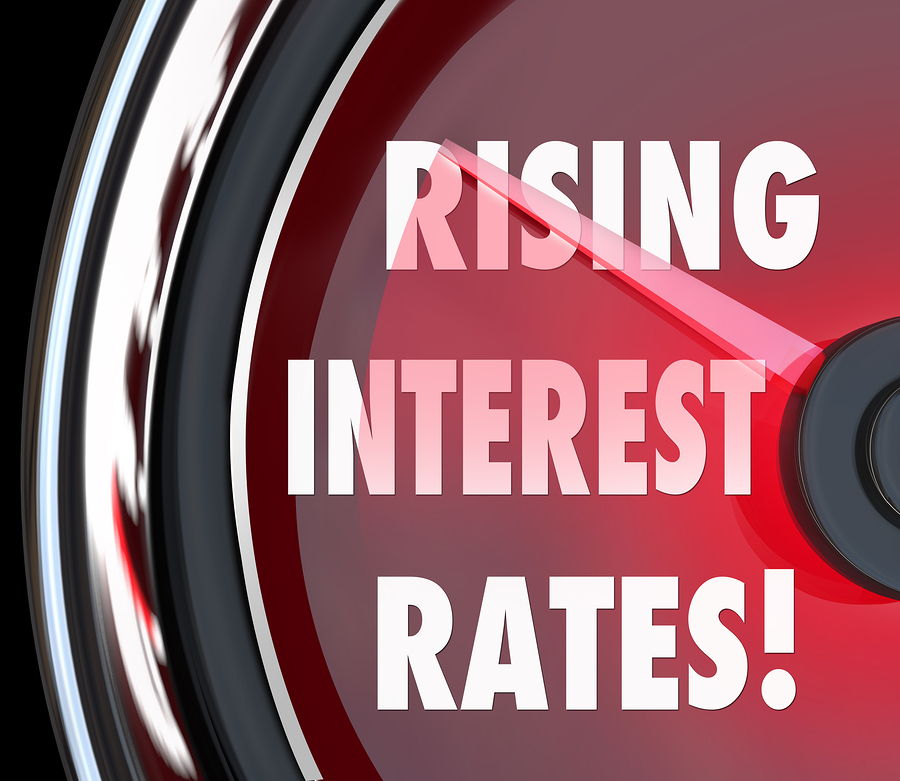Inflation, Rising Interest Rates, and Your Retirement
After a remarkable period of stability, the economy is now unsteady. No one knows how extensive or in what direction it will turn. But one thing is certain: change is on the horizon.
The two specific trends driving the instability are inflation and higher interest rates. Older Americans are likely to feel the impact acutely.
Inflation, or the gradual rise in the price of goods and services, significantly affects seniors as they tend to be on limited budgets. They can expect to pay more for food, gas and other basic consumer goods.
Inflation is caused by higher wages resulting from low unemployment. Higher incomes lead to more spending. That, in turn, triggers higher interest rates for two main reasons: the government’s effort to control an overheated economy by inching up short-term rates; and, banks charging higher rates to offset the anticipated devaluation caused by inflation of their future returns.
Rising costs also impact bonds, assets that older American’s traditionally favor as they are usually more stable and secure. Because inflation often triggers higher interest rates, the value of existing bonds plummet as they pay based on yesterday’s lower rates.
Also, borrowing money for any kind of loan—car, mortgage, etc.—costs more in a high-interest environment. Rising interest rates sometimes lead to a decrease in the price of these items though, diminishing the impact.
Higher interest rates tend to negatively impact the stock market as well. Companies tend to reduce expansion plans or even cutback to be able to afford costlier loans. Such steps cut corporate expenses but also sometimes lower profits. And with the market cooling off, it no longer attracts new investors who are suddenly more drawn to savings accounts.
But inflation is not all bad. People with savings accounts experience greater returns with limited risk. And, for those who own their homes mortgage-free, their property values usually rise. A caveat: higher interest rates, which are inflation’s cousin, may reverse some or all of those benefits.
Ultimately, the economy fluctuates continually to maintain balance and stability. A rapidly growing economy can overheat, while an over-reaction can lead to a sustained recession. And with the economy now a global phenomenon, predicting its gyrations are virtually impossible.
Still, there are steps you can take to protect your portfolio in an environment of inflation and rising interest rates. First, make sure your portfolio is balanced. Equally critical is adjusting your assets to reflect the changing economic landscape and your personal risk tolerance. Also, meet with a qualified and trusted financial advisor regularly to examine your investments. If you are not retired, make sure you are well-positioned to continue growing steadily. Those already retired should strategize ways to preserve their savings.
At Silverman Financial, we are continually monitoring economic changes to protect your investments. We work with existing and new clients regularly to establish long-term financial security and prosperity.




